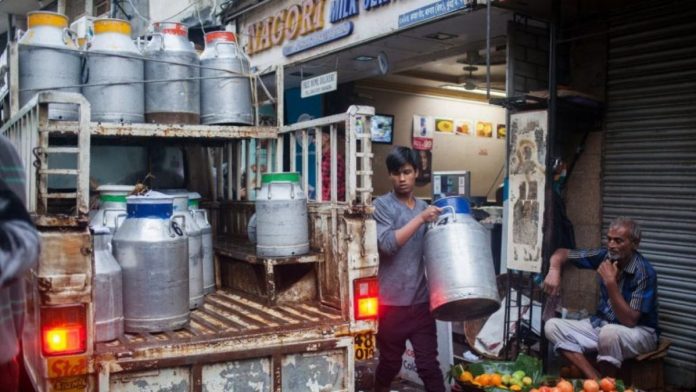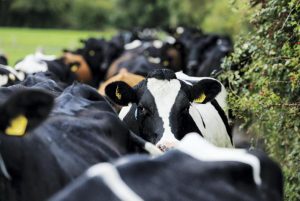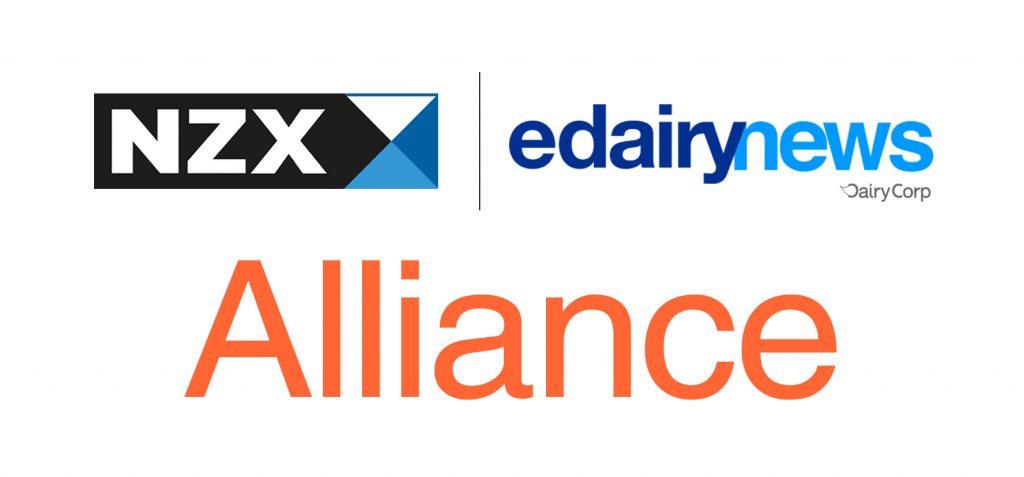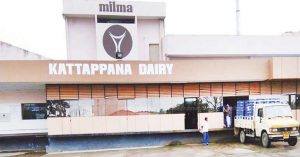Prices have risen to a year-high level at the Global Dairy Trade (GDT) auctions, guided largely by the post-Covid 19 consumption movement to activate initiatives in many countries and the US dollar’s weakening.
SMP prices for the GDT quarterly auctions on Tuesday were quoted at $3,243 a tonne, rising 37 percent from $2,373 a tonne as reported about seven months ago. In July, when converted to Indian rupee, prices were now at 235-236 a kg as opposed to 173-174 a kg.
With rising global SMP rates, Indian dairy business will be able to export the surplus SMP inventory, according to a recent analyst study by ICICI Securities on the milk market. This would decrease supply pressures in India and could lead to higher milk prices in the next 2-3 quarters.
Prices in domestic regions
According to the forecasts of the Indian Dairy Association (IDA), in the country there are around 200,000 tons of SMP inventory with domestic prices hovering at about ~ 220 a kg.
Industry insiders noted that while the price gap is not appealing to SMP, exporting butter and fat is a lucrative proposition. The GDT butter auctions were quoted at $4,735 a tonne, which is roughly $346 a kg, where domestic butter prices hover at about $299-300 a kg as in India.
‘Prices for SMP have not hardened significantly. Yet international butter prices are more than 40 per kg higher than the domestic average. That may have some effect on the prices of domestic butter. As prices are competitive abroad, there is also a possibility of exporting fat,’ RG Chandramogan of Hatsun Agro said, highlighting the export prospects for Indian milk products. At the GDT auctions, rates of anhydrous milk fat, butter, SMP lactose and whole milk powder rose by between 2% and 17%. Experts observed that China and the Middle East nations have opened up broad orders on the foreign market, which are believed to have caused price hardening.
RS Sodhi, Managing Director of the Gujarat Cooperative Milk Marketing Federation (GCMMF), said that local farmers will benefit greatly from higher international prices.
No affordable imports’
‘There is no possibility that there will be cheap imports to India. We see interest in the international market for SMP, white butter and butter oil. The price gap in butter and butter oils is around ₹ 40 per kg of strong export opportunity,’ he added, explaining that the SMP prices operating at ₹ 230-240 would limit any potential decline in domestic SMP prices.
IDA has also been portrayed by the Ministry of Finance to promote exports of dairy products at a time when India can benefit from a price advantage for local farmers. GS Rajorhia, IDA Chief, said that while prices are higher on the foreign market, the industry would require export help from the government to ship the extra SMP stocks. ‘SMP rates are now higher, but it doesn’t matter because there isn’t any difference right now,’ he said.
















